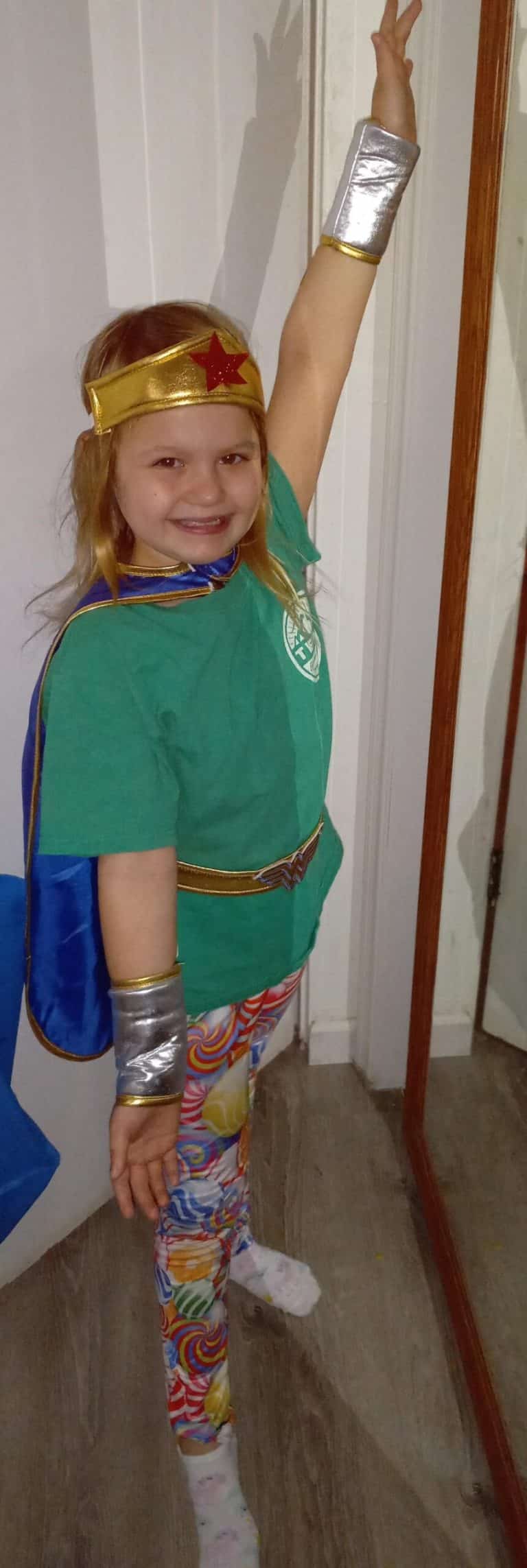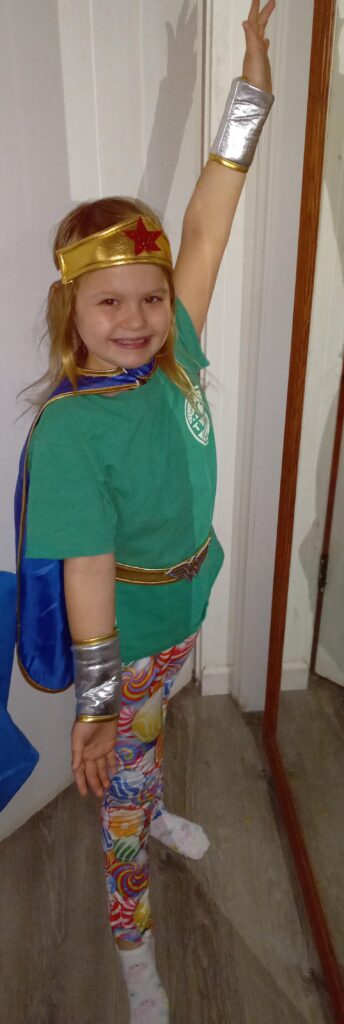By Miriam
Miriam is finishing her PhD at the University of Oregon and is en route to the University of Memphis where she’ll be an Assistant Professor of Criminology starting in August 2022. She lives with her husband and three girls.
It’s been 24 hours since my bishop stood and told our congregation that he has a very strong testimony of the importance of meeting together as a ward.
I don’t share that same testimony. At least not now. At least not yet.
The context of his speech was that the stake has decided to stop Zooming Sacrament meetings and stop authorizing in-home sacrament.
I was in-person watching him talk directly to the camera – reaching the people still at home (which I would likely still be one of them if my 10 year old extroverted kid hadn’t begged us for months to return – to which we finally gave in after the Omicron wave died down). He testified that being together brings all kinds of blessings. I don’t doubt it’s brought blessings for him. His feelings are valid. For me, it’s brought stress…lots of it.
There are the regular/minor stressors common that come along with going to church – trying to get our toddler to be happy while skipping her nap; telling our 8 year old we’d prefer she doesn’t wear sweatpants to church (“You can wear slacks or a skirt, but I’m drawing the line at purple sweats”).
Then there are the stressors of being in a pandemic – we still have an unvaccinated toddler, do we really want to be around so many people indoors?
And then there are the stressors that weigh most heavily on me. Going to the building shows me up close how much inequality there is in the institution of the church. Sometimes I feel I’m uniquely aware of the inequality – I mean, no one else is talking about it at church. But it’s everywhere and it’s obvious and it’s the focus of our attention when we’re there – even to my 8-year-old.
Yesterday that 8-year-old kept turning to me throughout Sacrament meeting with loudly whispered comments like, “So, girls really can’t ever pass the Sacrament? That’s totally unfair,” Or “So we can NEVER have a girl bishop? Why, mom? Why?” If my 8-year-old can see it so clearly and it’s the focus of her attention while we’re taking the sacrament, it’s obvious to everyone. Some may have internalized it and gotten used to it. But it’s still there. And it’s still obvious.
When we had home church, we focused on the Savior. We pondered how we can be better disciples of Him and what that might mean in a racist/sexist/classist society. We discussed the role we need to play to help make this world a little bit better. But when we go to church, it’s hard for us to have that focus because the burden of that societal inequality is pushing so hard against us (worse than other institutions we participate in), blocking the view of what we came here to do.
So, what’s the answer? I want to wrap this up and say something sweet like, “We go to church to show love even when we’re feeling so much adversity against us there.” But I’m not sure how long that can be true.
If we have any hope of making church a place where everyone feels that it’s a beautiful place to worship together, we’ve got to confront the inequalities head on. We can’t keep sidestepping the deep seeded racism and sexism that permeates the air we breathe in the church building. Now’s the time.







2 Responses
Thanks for your comments. The pandemic provided more reflection time, questioning of absolute truth claims, and encountering confirmation of long-held suspicions of dubious and contradictory assertions regarding church history. Three years ago, my family and I were assigned to a Spanish branch within the stake. Regarding inequality, I cringe at white male authority figures that make frequent visits (stake presidency and high council) to “check” on things and (maybe unwittingly?) disparage the members. I also sympathize with all that question the justice of a male-led clergy. I, too, question it more than ever. I love Jimmy Carter’s activism for women’s rights, chief among them their unequivocal eligibility for ecclesiastical, authority-holding positions. See: https://www.ncronline.org/books/2021/06/jimmy-carters-book-takes-prophetic-stand-women
Loved your point about how the burden of inequality blocks the view. And of course this compounds for people with multiple marginalized identities. The inequalities are so obvious to our children who have more opportunity and quality almost everywhere else in their lives.